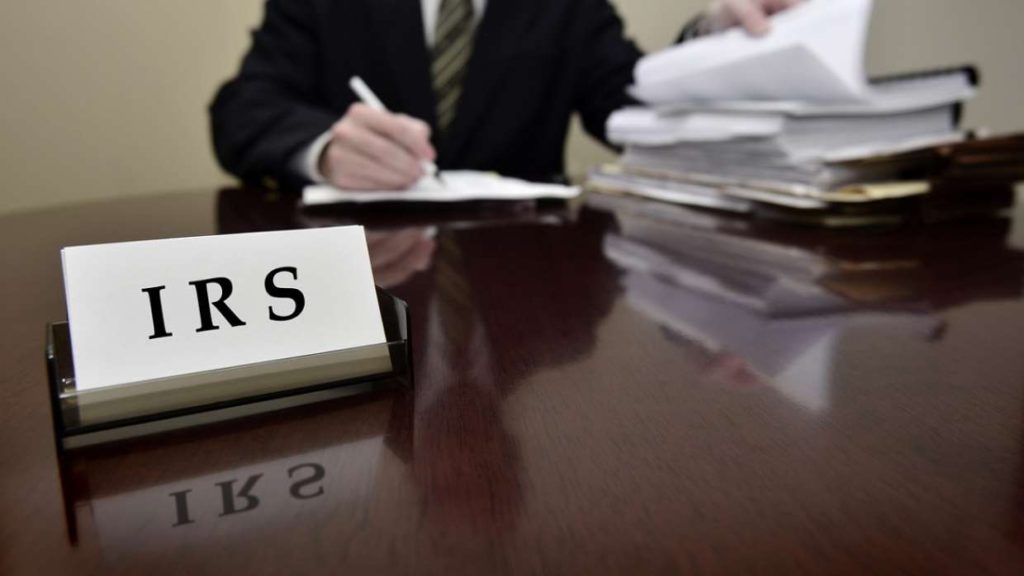“Ordinary & Necessary”: Understanding IRS Code 162


Many of my clients operate businesses. They’ve learned the expensive way that claiming expenses were incurred for business reasons doesn’t guarantee that their outlays will pass muster with the Internal Revenue Service.
What trips them up is Internal Revenue Code Section 162. It mandates that they’re entitled to claim those expenditures only if they pass a two-step test.
The first requirement: they’re “ordinary.” The second: they’re “necessary.”
Both the IRS and the courts have characterized “ordinary” expenses as those that are customary or usual. They needn’t be customary or usual for the taxpayer. It’s sufficient that they’re customary or usual for the taxpayer’s particular trade, industry or community.
What about a one-time-only expenditure? It falls within the definition, says the Supreme Court.
Likewise, the Court of Appeals for the Second Circuit, a tribunal one rung below the Supreme Court, defines “necessary” as “appropriate” and “helpful,” rather than necessarily essential to a taxpayer’s business.
Those pro-taxpayer decisions notwithstanding, gray areas abound, which explains why so many ordinary-and-necessary disagreements get chewed over in IRS administrative rulings or need to be resolved by the courts.
Most businesses that want their disputes heard by judges opt for the Tax Court, as that tactic allows them to present their cases without having to first pay the taxes in issue. Of course, if they lose, they then pay the taxes, plus interest and any penalties.
Some winners and losers. The Tax Court had an easy time with J. Michael Springmann, a commercial attaché posted to our embassy in New Delhi. It decreed no deductions for payments to the diplomat’s servants, regardless of his need to maintain his social standing in cast-conscious India.
The court was similarly unimpressed with a lawyer/CPA who argued that the red, white and blue pennant bearing the number “1040” that he flew over his boat was a gimmick that generated tax clients.
A judge’s one-liner that “hope springs eternal in the heart of the American taxpayer” might have inspired a Los Angeles physician. The way the doctor read the rules, he was entitled to deduct payments to his children for answering the telephone at home. Predictably, the Tax Court saw nothing special in his situation; it reminded him that “children normally answer the family home telephone.”
However, the IRS doesn’t always prevail. The court ruled that the agency erred when it prohibited professional athletes from deducting costs incurred to answer fan mail. The dispute in this case involved a hockey player. It was immaterial, the court decided, that his contract didn’t require him to answer letters.
Even IRS spoilsports are repeatedly willing to make subtle distinctions. A remodeling firm’s president asked the IRS to okay deductions his payments for transcendental meditation seminars. He contended that the practice of TM made him more creative on the job.
Unfortunately for him, the karma was wrong. Although the agency acknowledged that the seminars “may have been of some benefit to the business,” that was insufficient reason to authorize approval; “TM by its very nature generates benefits which are primarily personal.”
But the agency agreed that an executive who leaves his attache’ case stuffed with important business documents on the train is entitled to deduct a reward for its return—as well as for a newspaper ad offering the reward.
Note, though, that the exec claimed the expense in issue on Form 1040’s Schedule A as a miscellaneous deduction when it was okay to do so pursuant to the old rules that applied to 2017 and earlier years. The old rules authorized such deductions only to the extent that they exceeded two percent of adjusted gross income.
Fast forward to the closing days of 2017, when Congress passed and then president Donald J. Trump signed the Tax Cuts and Jobs Act. The legislation included a provision that ended miscellaneous deductions for the years 2018 through 2025, when the new rules go off the books and the old rules resume in 2026.
What’s next. Part two will discuss more ordinary-and-necessary disputes.

